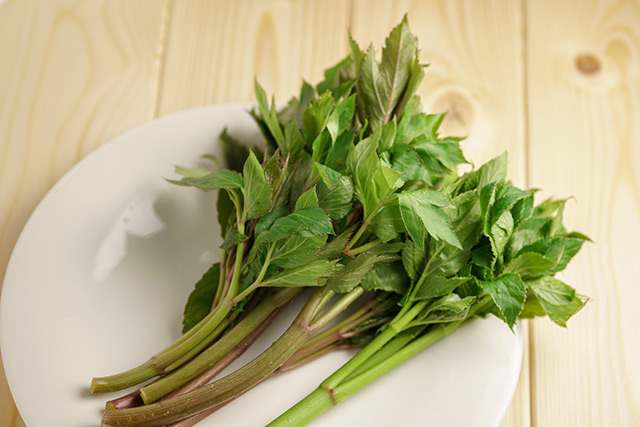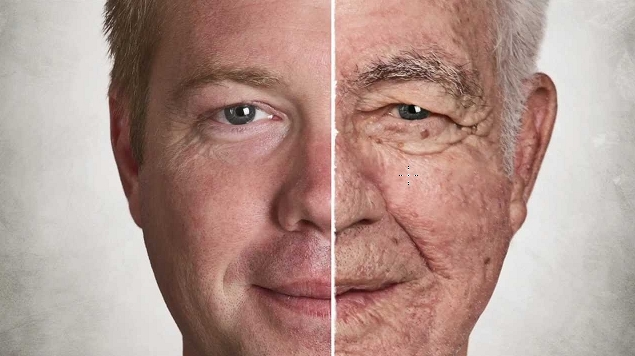
Why cellular regeneration is needed
Cellular regeneration is important for maintaining overall health. This process takes place at different rates depending on the type of cell involved and the needs of a particular body part or organ. For instance, the stomach lining has to be replaced often due to its constant exposure to gastric acid and other substances, hence cell regeneration occurs every few days. In comparison, bones, which are sturdier, take longer to regenerate -- about 10 years on average.
Cell regeneration is facilitated by a process called autophagy. By definition, autophagy is an intracellular process of degrading damaged organelles, excess or unwanted proteins, and pathogenic substances and recycling them for other purposes, such as cell repair. By ridding the cells of these substances, autophagy prevents the buildup of cell debris that can lead to various diseases.
Ensuring that autophagy takes place whenever it's needed is particularly important for normal and healthy aging. As people grow old, their cells accumulate an assortment of dead, damaged, or oxidized "junk," which can impair normal physiological functions and accelerate the aging process. These cellular rubbish can also induce age-related diseases like dementia. Because of this, eliminating these substances via autophagy is crucial for the body to maintain good health.
Ashitaba protects cells from aging by inducing autophagy
Ashitaba is traditionally known for its anti-aging effects, but what contributes to these has remained unknown for decades. Now, thanks to a team of researchers from the University of Graz in Austria, the cause of ashitaba's remarkable abilities has been identified. According to them, a flavonoid called 4,4?-dimethoxychalcone (DMC) present in the stripes and leaves of ashitaba supports cell renewal and is one of the "best-equipped compounds to counteract age-related cell demise."
Flavonoids are a class of plant pigments that possess powerful biological activities. Many known flavonoids, especially those found in medicinal herbs, have strong antioxidant properties. After screening 180 plant compounds, the researchers decided to further analyze DMC by testing its effects on yeasts, worms, flies, human cell cultures, and mice. They found that DMC from ashitaba can extend the lifespan of these cells, decelerate age-related deterioration, and even protect mice from prolonged myocardial ischemia. When they administered DMC to middle-aged mice, they detected DMC in the animals' blood plasma, suggesting that the compound becomes bioavailable in mammals.
The researchers also reported that DMC can simultaneously induce cell autophagy. They attributed ashitaba's cell-protective effects more to this ability than to its antioxidant capacity. Furthermore, the researchers observed that DMC slightly reduced cell death during the early phase of aging in yeast cells. This, according to their analysis, is due to DMC's ability to inhibit transcription factors that restrict protective autophagy in cells. This ability also enables DMC to control and extend the lifespan of cells. Meanwhile, other studies linked ashitaba to the prevention of chronic, age-related diseases, such as osteoporosis, cardiovascular disease, and Type 2 diabetes.
Ashitaba offers other health benefits besides anti-aging, but there is currently insufficient scientific information regarding appropriate dosages. If you wish to take ashitaba, consult your healthcare provider first to determine how much you need to take and to find out if it would interact with any medications you are currently taking.
Sources include:
Please contact us for more information.























